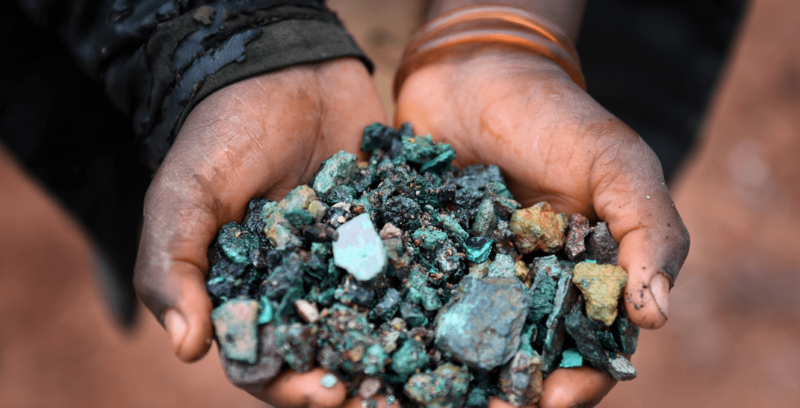Glencore pilots cobalt blockchain traceability solution
Glencore plans to partner with miners Eurasian Resources Group, CMOC and battery material supplier Umicore on trials of a blockchain-based traceability solution that will track cobalt from its source to use in an electric vehicle.
The pilot of the ReISource solution will launch this year, with a final deployment scheduled for 2022. It will track cobalt from upstream production facilities in the Democratic Republic of the Congo to downstream uses in EV batteries.
“Blockchain technology offers us an unprecedented ability for traceability in the supply chain. Through this pilot, we are supporting the development of this tool for our customers who seek to understand and demonstrate the origin of the cobalt units in their products”, said Ivan Glasenberg, CEO of Glencore.
Re|Source was founded by CMOC, ERG and Glencore in 2019 following input from responsible sourcing and supply chain experts. It uses blockchain and “Zero-Knowledge Proofs” – a protocol that can ensure that senders, receivers and amounts are kept private – to link digital objects with physical material flows on the ground.
Re|Source also has a direct link with the Battery Passport project of the Global Battery Alliance (GBA), through ERG, Umicore, Glencore and other Re|Source pilot partners.
“We believe this initiative will help increase transparency throughout the value chain,” said Sun Ruiwen, CEO of CMOC. “A transparent and responsible supply chain, bringing together all stakeholders with this joint effort, will give end users greater confidence in cobalt as a raw material.”
The pilot comes as the European Commission is considering mandatory requirements covering the use of responsibly sourced materials in EV batteries.
The EU’s proposed legislation update, revealed last December, states that batteries placed on the EU market should only use materials obtained without violation of human rights, as well as being “sustainable, high-performing and safe all along their entire life cycle”.
Glencore signed an agreement with Norwegian battery maker FREYR last December that included collaboration on standards and traceability schemes for artisanal cobalt mining.
In April, China Molybdenum (CMOC) and its Swiss-based trading arm, IXM, also joined a separate artisanal and small-scale mining (ASM) initiative covering cobalt run by supply chain analysis organisation, RCS Global.
Artisanal cobalt extraction is prevalent in areas of the DRC near China Molybdenum Co.’s massive Tenke Fungurume copper and cobalt project.
![]()





